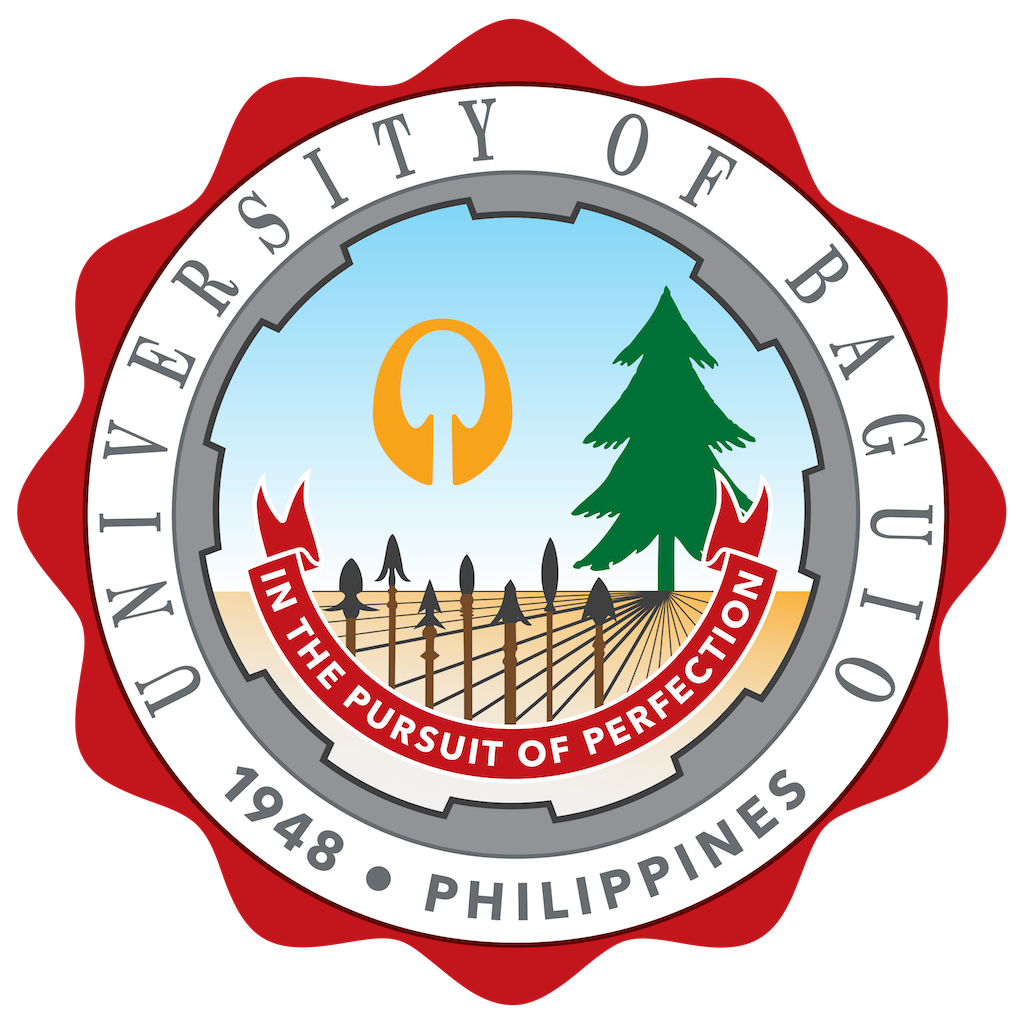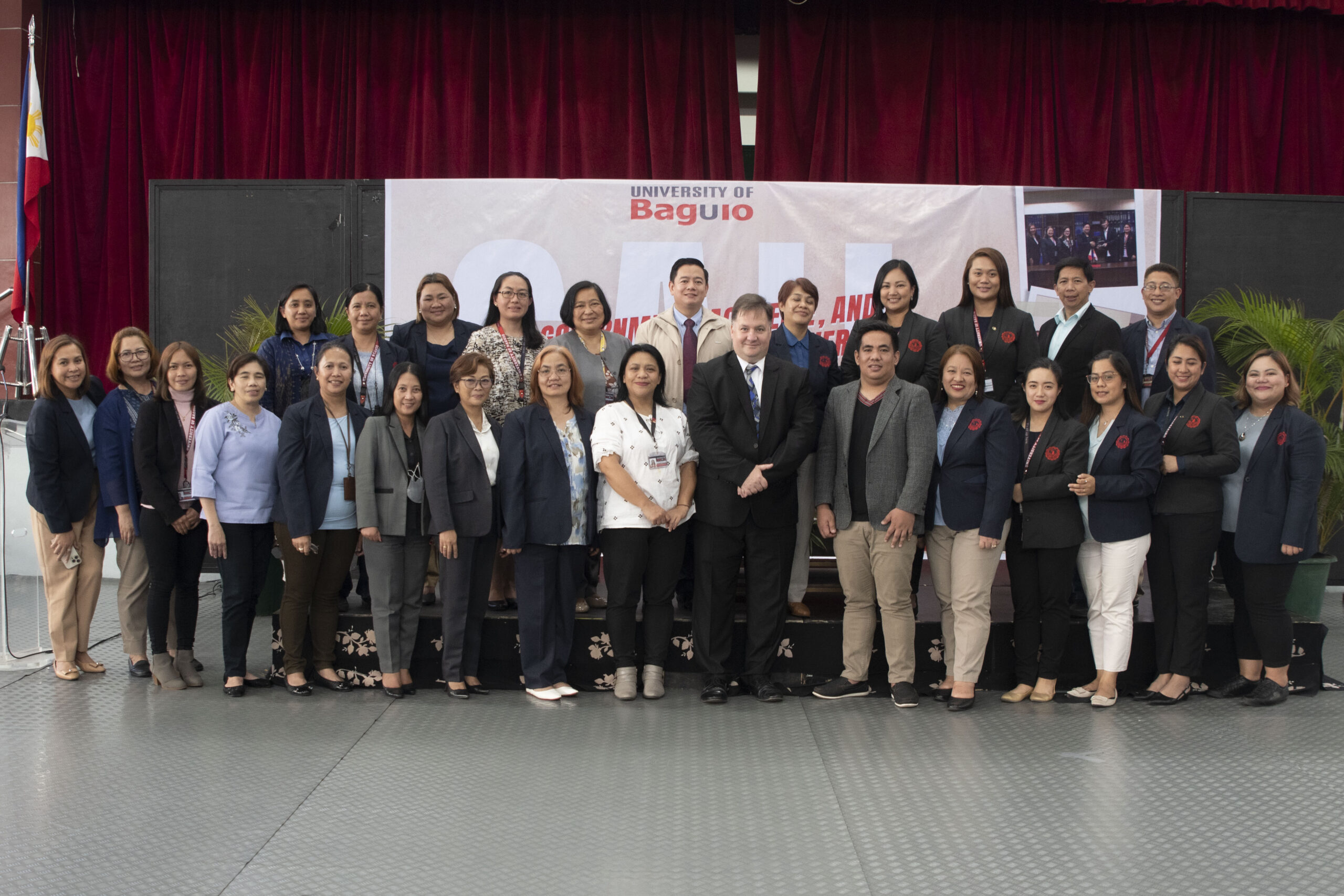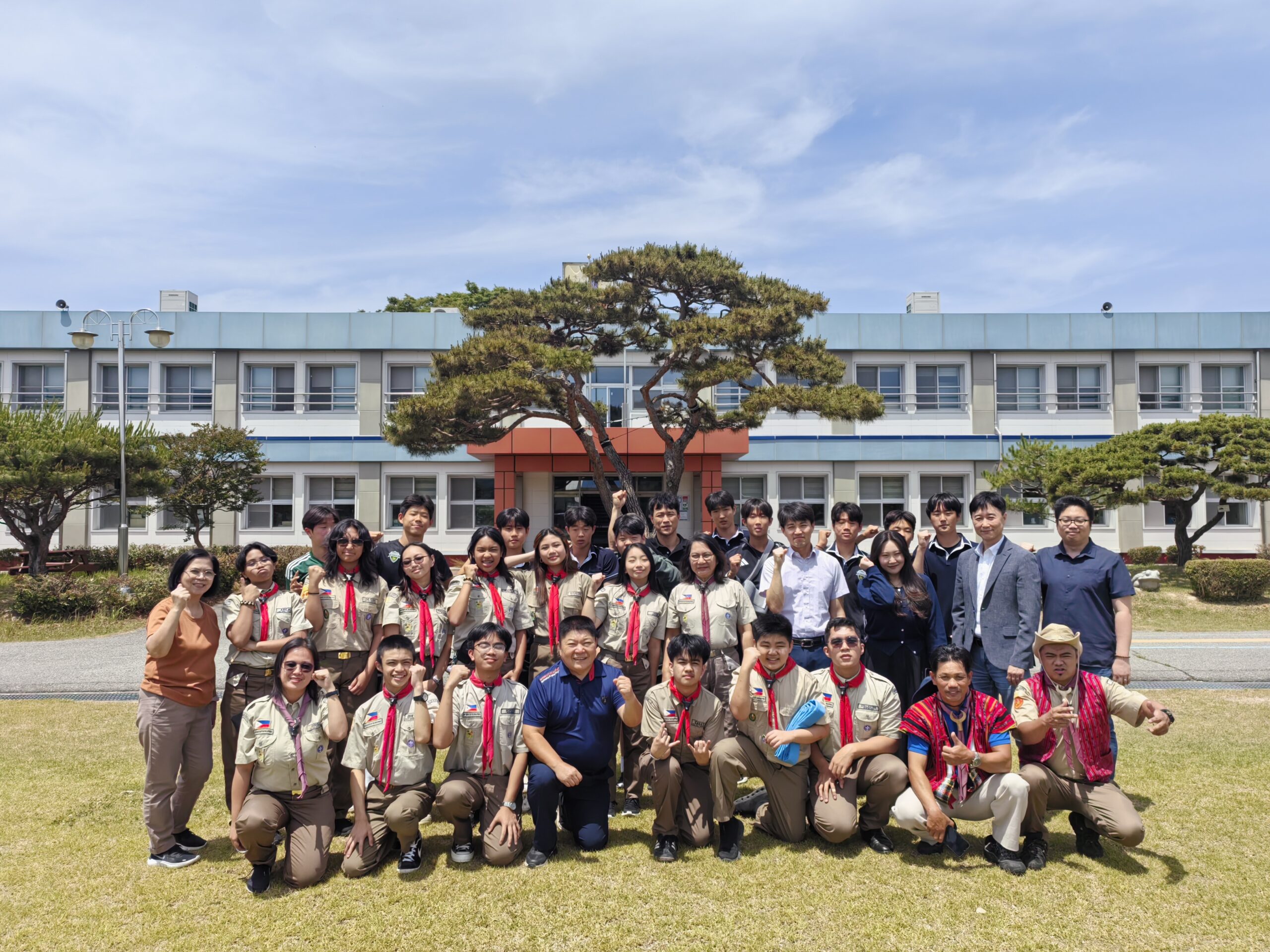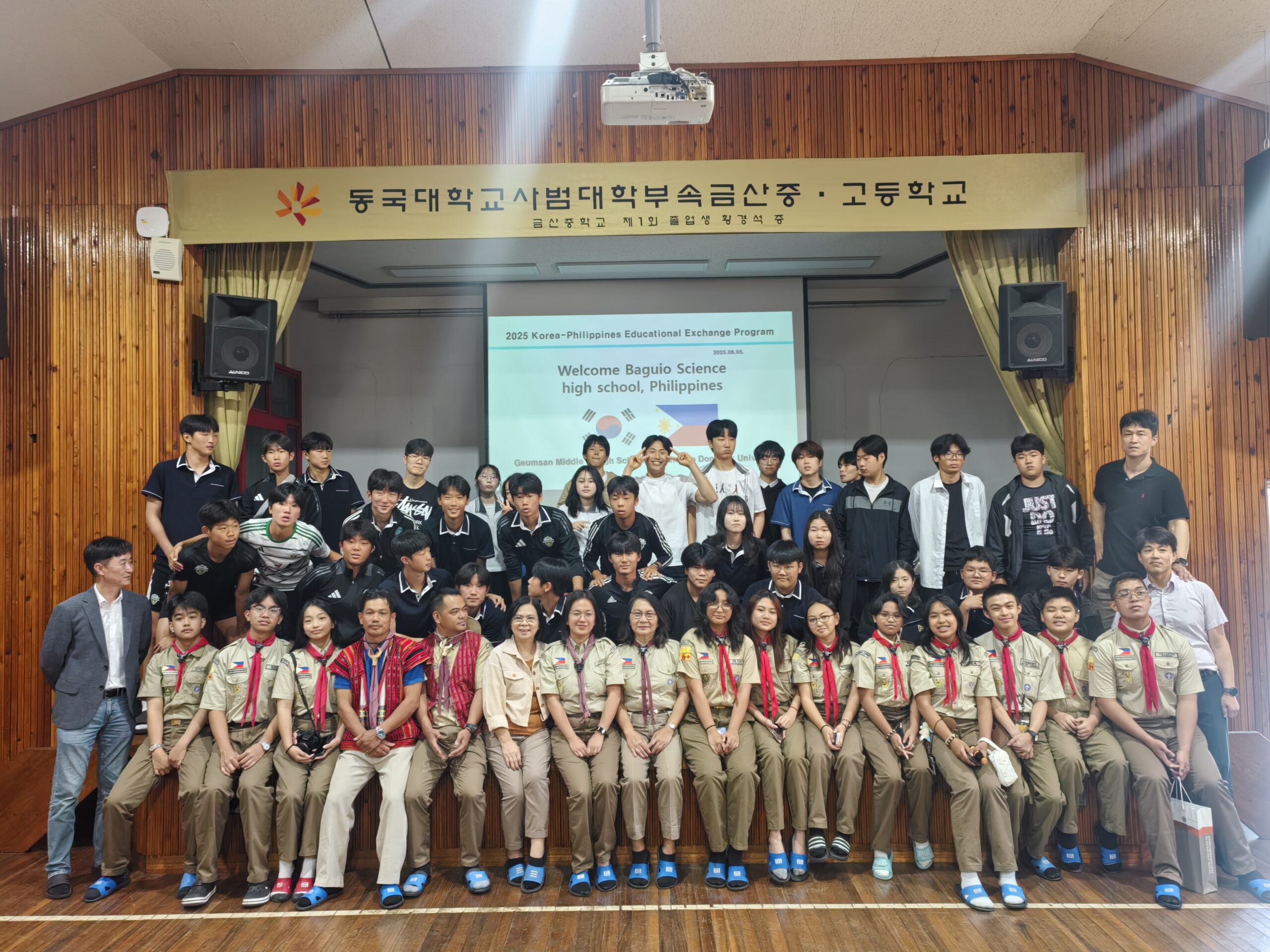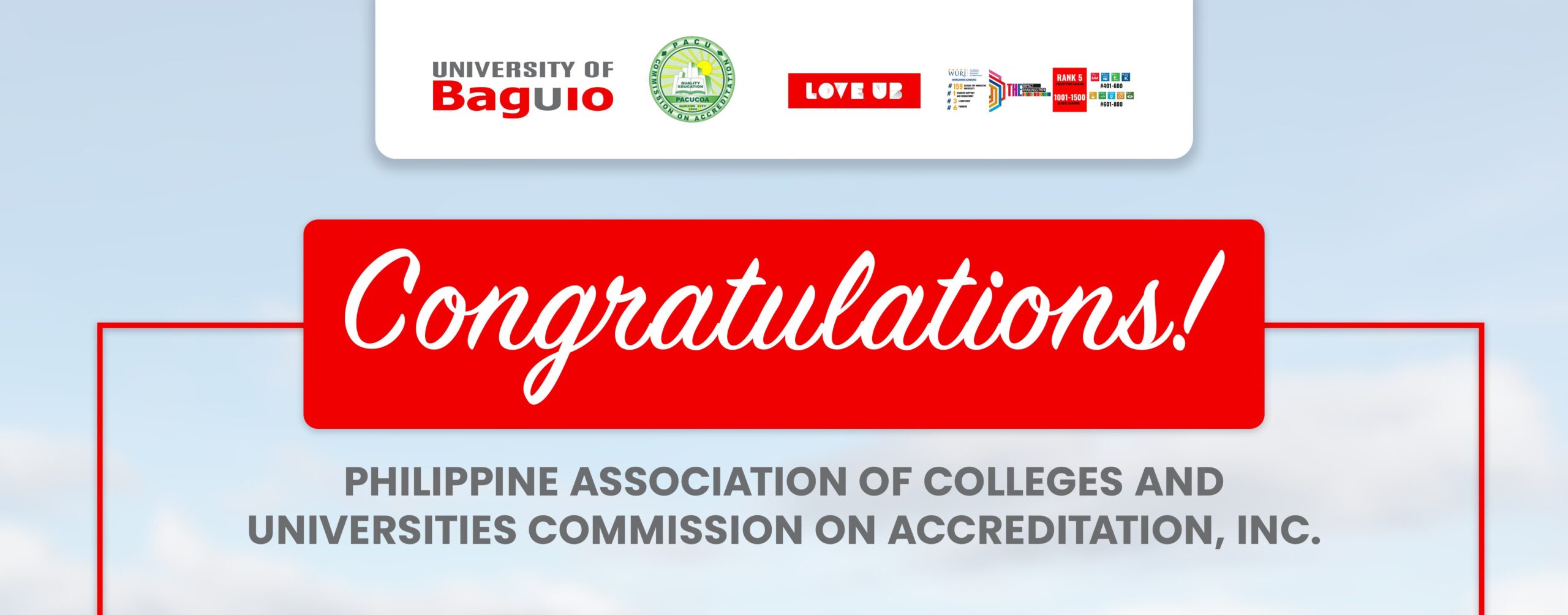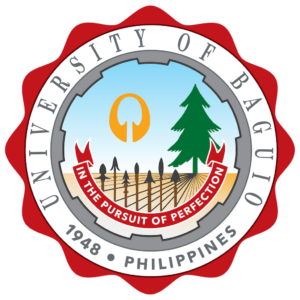The University of Baguio (UB) recently achieved a remarkable milestone by successfully conducting the Government-Academe-Industry-Linkages (GAIL) Synergy event. With the theme of GLOCALIZATION: The Convergence and Collaboration of Academe, Industry, and Government Agencies, this event aimed to foster strong partnerships and synergies between these vital sectors. By exploring possibilities for linkages development, cooperation, and partnership, UB reaffirms its commitment to its mission and vision while addressing the evolving needs of employment and the community.
The Importance of Glocalization in Higher Education:
Glocalization in higher education institutions refers to the process of adapting global educational practices and standards to fit the local culture, context, and needs of students and the community. It involves the blending of global educational approaches and standards with local values, traditions, and practices. Glocalization takes various forms, including curriculum adaptation, language incorporation, partnership and collaboration, community engagement, and student mobility. These practices empower students to develop a global perspective while maintaining their connection with the local community and culture.
Key Speakers and Their Contributions:
The GAIL Synergy event featured notable speakers from different sectors who shared their best practices and ideas, contributing to the dialogue on glocalization and strengthening collaboration between the academe, industry, and government agencies. Here are some highlights from their presentations:

Vice Mayor Atty. Faustino Olowan, representing the Local Government Unit: Vice Mayor Olowan delivered a message emphasizing the importance of collaboration and mutual support among all stakeholders. He highlighted the pivotal role of the government in facilitating fruitful partnerships for the betterment of the community.
Dr. Jimmy Catanes, Education Supervisor II – CHED: Dr. Catanes emphasized the significance of collaboration between industry partners and educational institutions. He highlighted the role of research in advancing knowledge across various fields. Moreover, he stressed the importance of localization, encouraging partnerships, development, and education with a local perspective.


Ms. Patricia Rossie Aguilar, HR Assistant for The Manor: Ms. Aguilar spoke on behalf of Ms. Faith Magsino, the Director for Training and Development at The Manor, a prominent hotel in Baguio. She presented the hotel’s best practices in working with students during their on-the-job training (OJT). By explaining their selection process, training initiatives, and activities, she showcased how The Manor contributes to the development of both the students and the hotel.
Mr. Gerard Felipe, ECA Representative to North Philippines, Australia: Mr. Felipe shared insights into the hybrid workplace and its effectiveness for businesses. He highlighted the potential for other industries to adapt this setup. Additionally, he introduced a virtual internship program that allows students to gain international experience without leaving the country.


Mr. Aaron Black, CEO of ZIP Travel Philippines: Mr. Black presented how his company supports global student engagement. By facilitating opportunities for students to engage with different cultures, ZIP Travel Philippines enriches their educational experiences and broadens their perspectives.
Ms. Mikhaila Laudencia, Staffing and Training Development Officer for Moog Controls Corp. Philippine Branch: Ms. Laudencia showcased the best practices of student internship programs in the Philippines. Her presentation highlighted the benefits of such programs and their role in preparing students for future careers.

The successful conduct of the GAIL Synergy event at the University of Baguio demonstrated the institution’s commitment to forging strong alliances between the government, industry, and academia. Through glocalization efforts, UB strives to adapt global practices and standards to meet local needs, ensuring that students develop a global perspective while contributing to their local communities.
